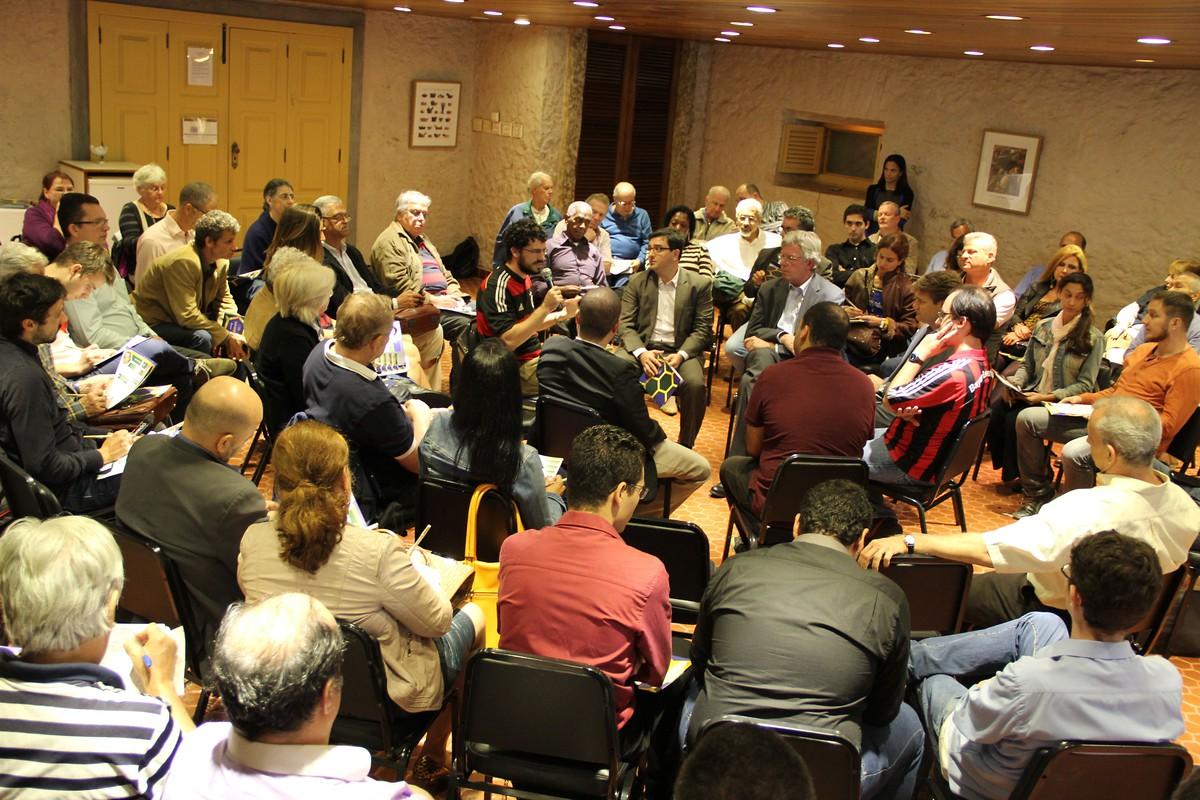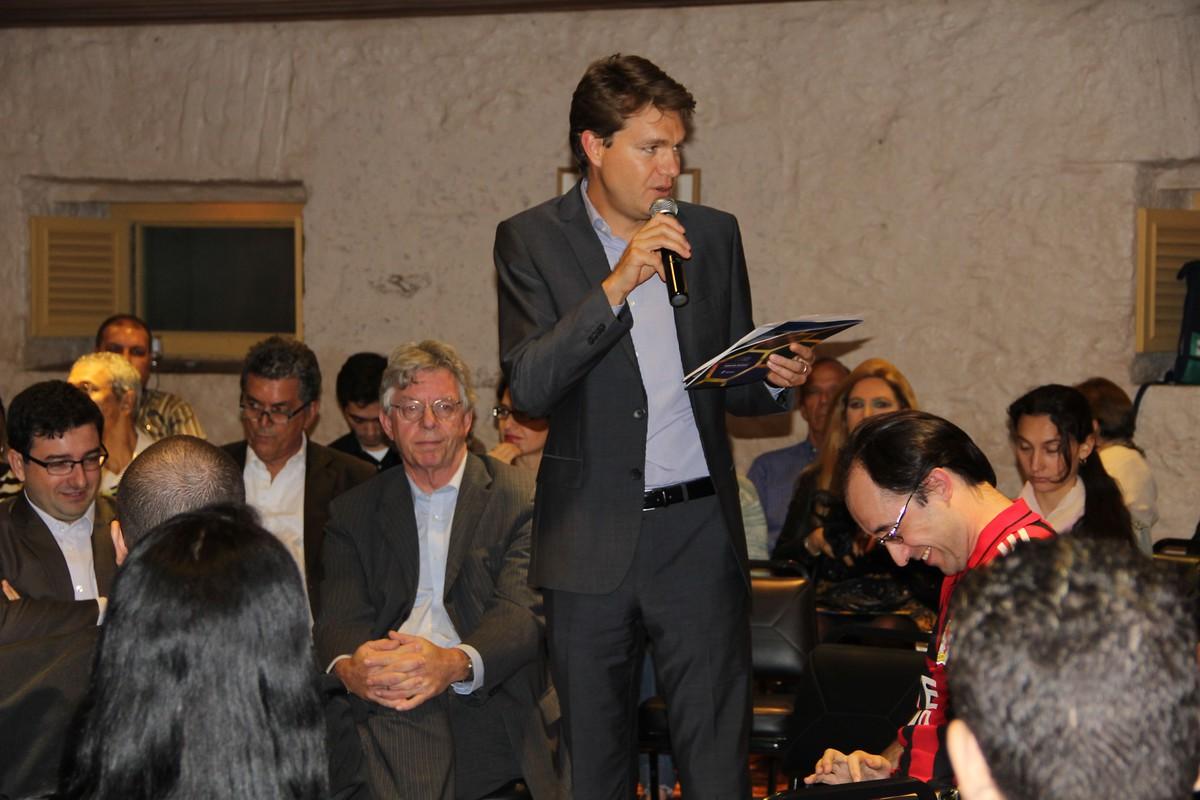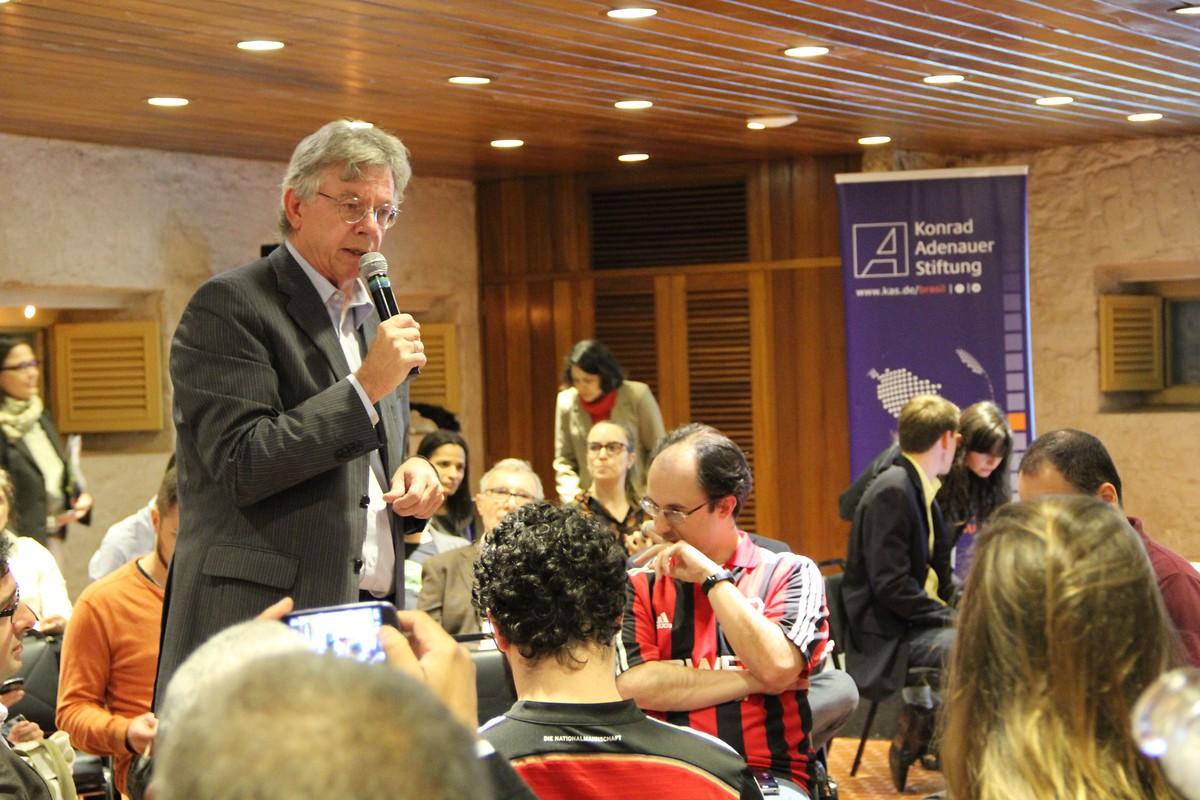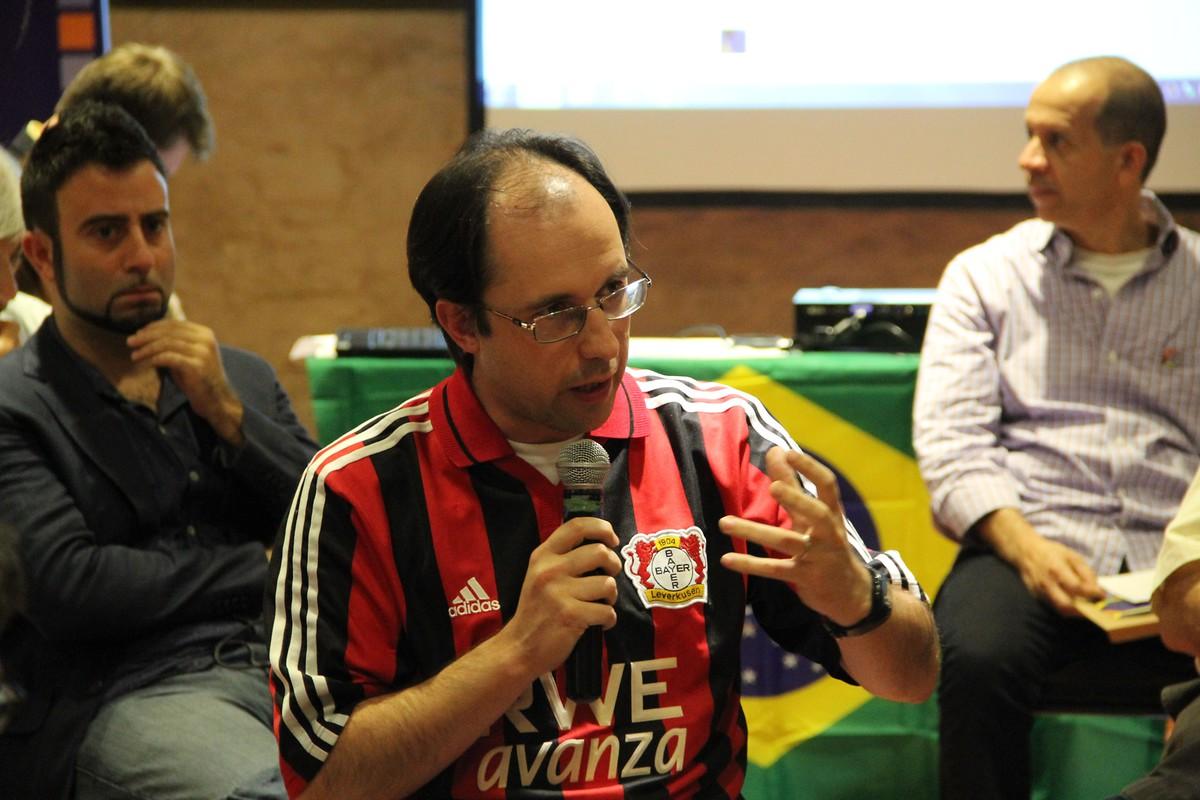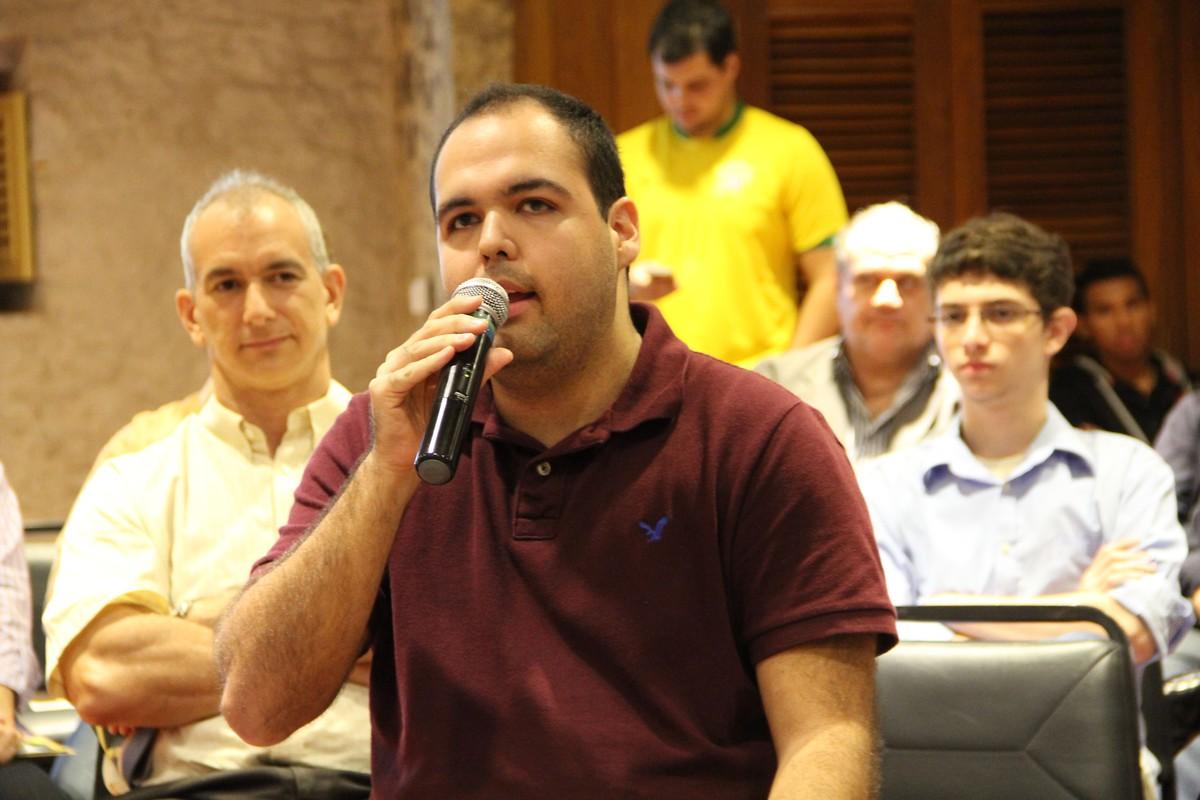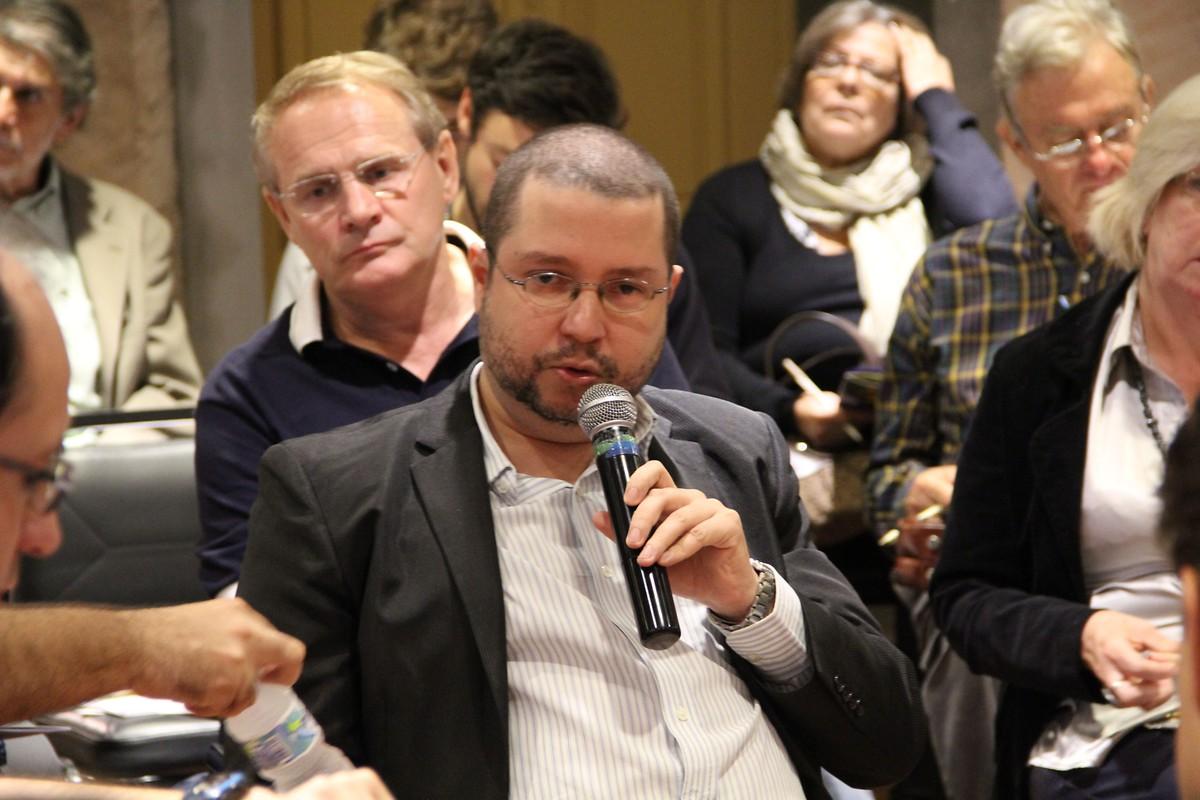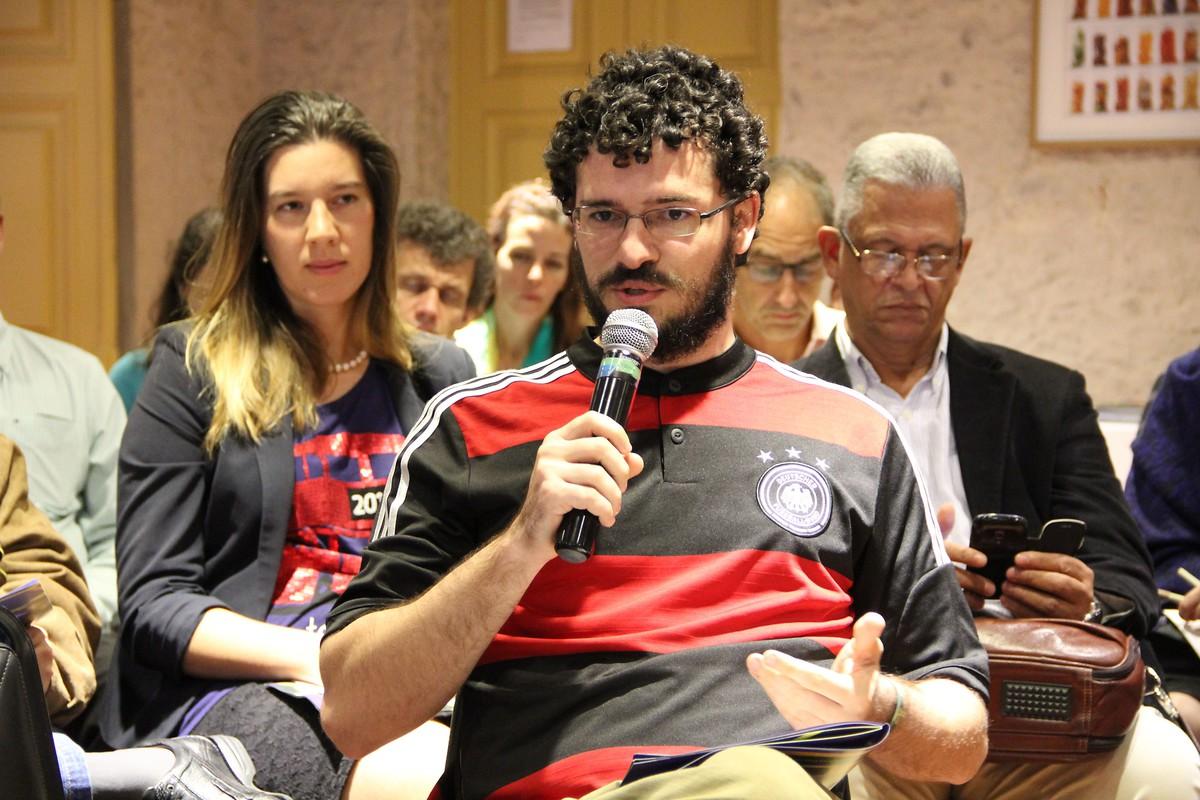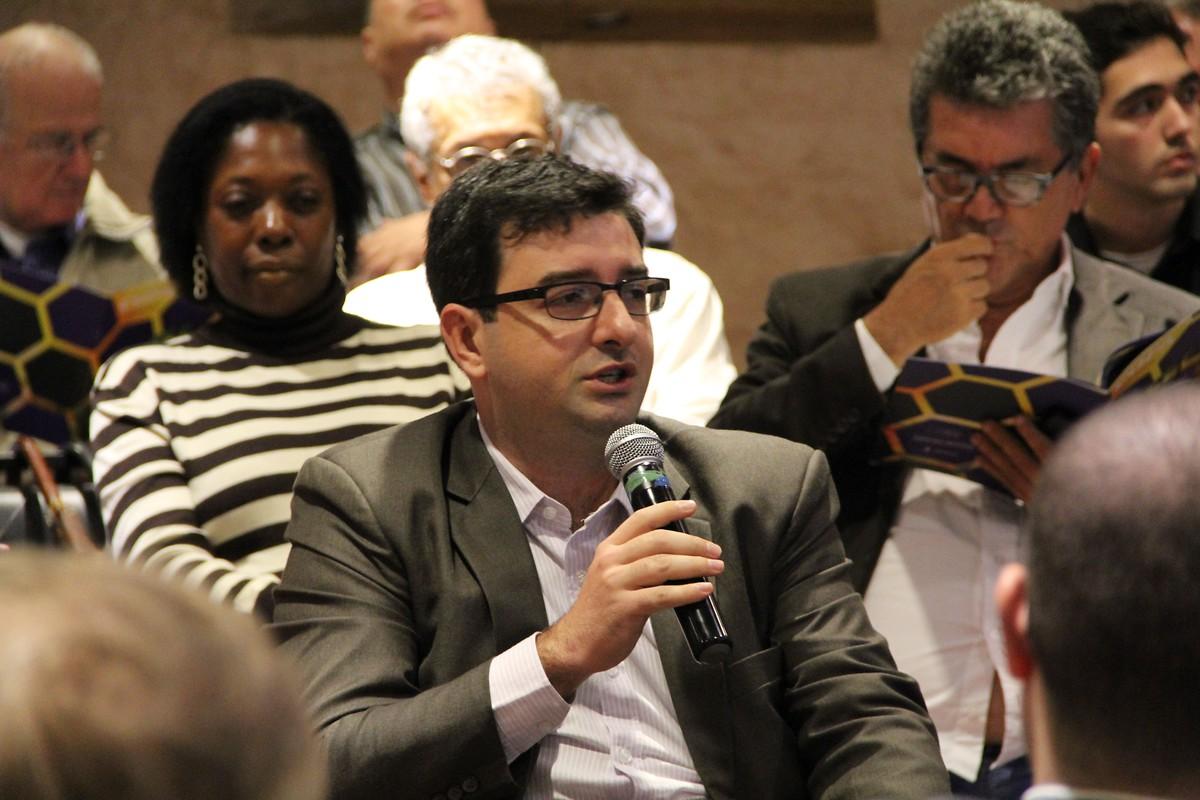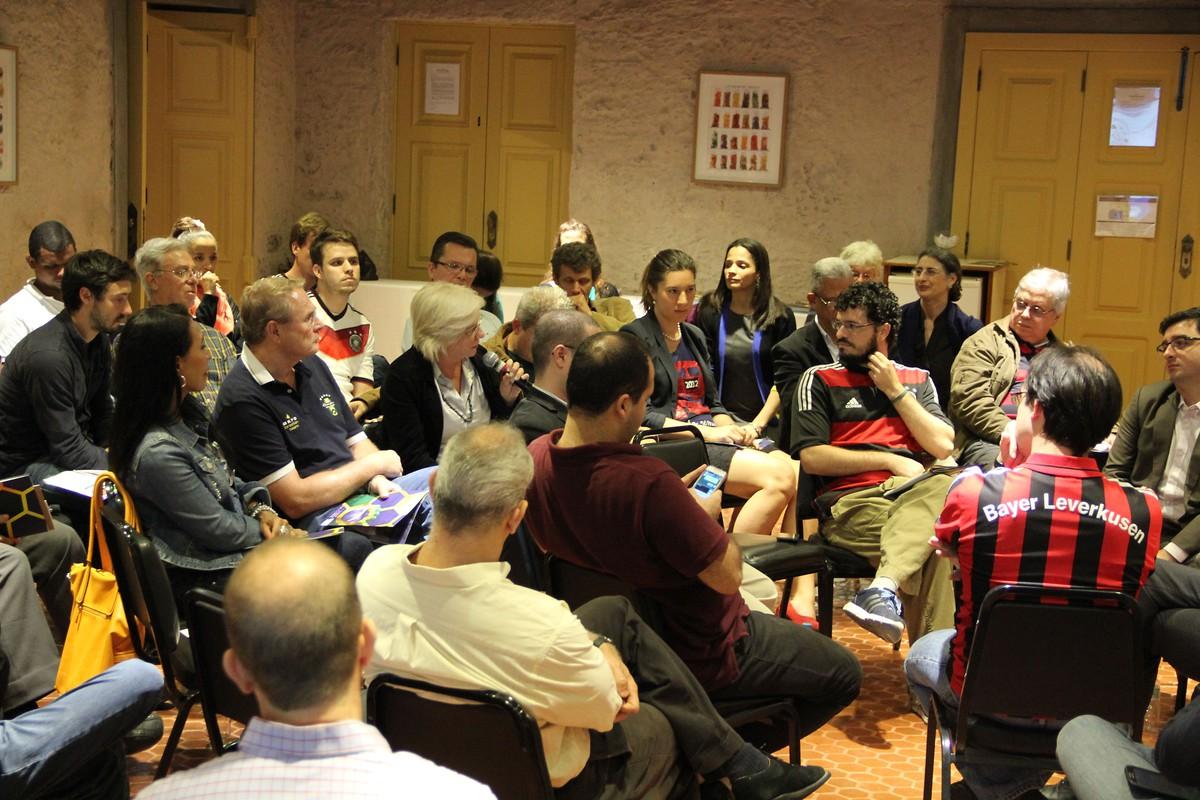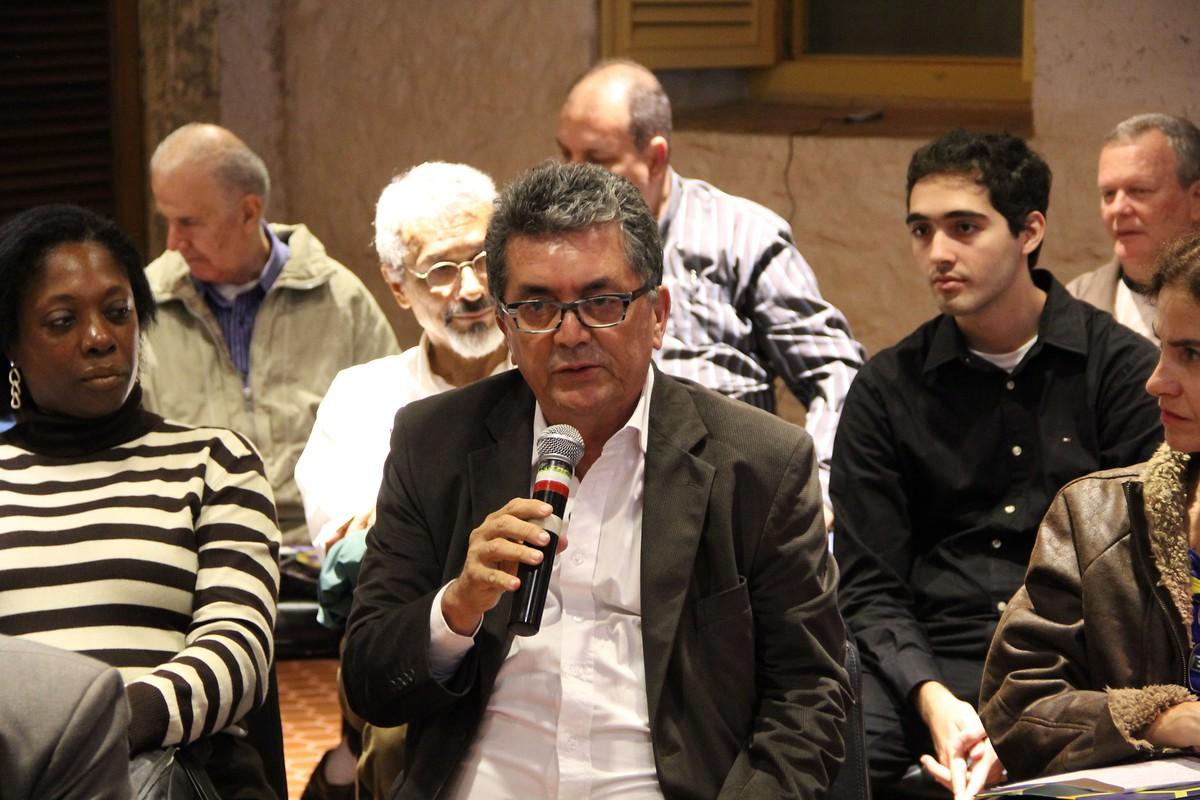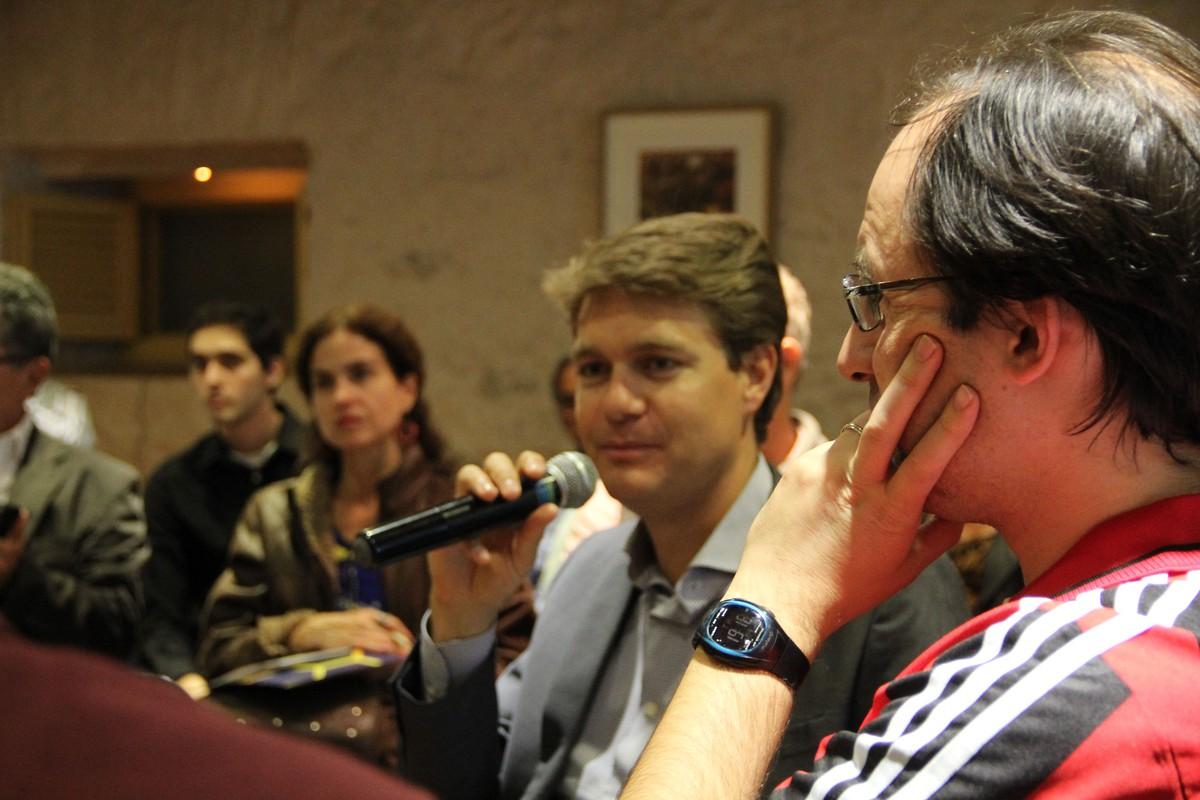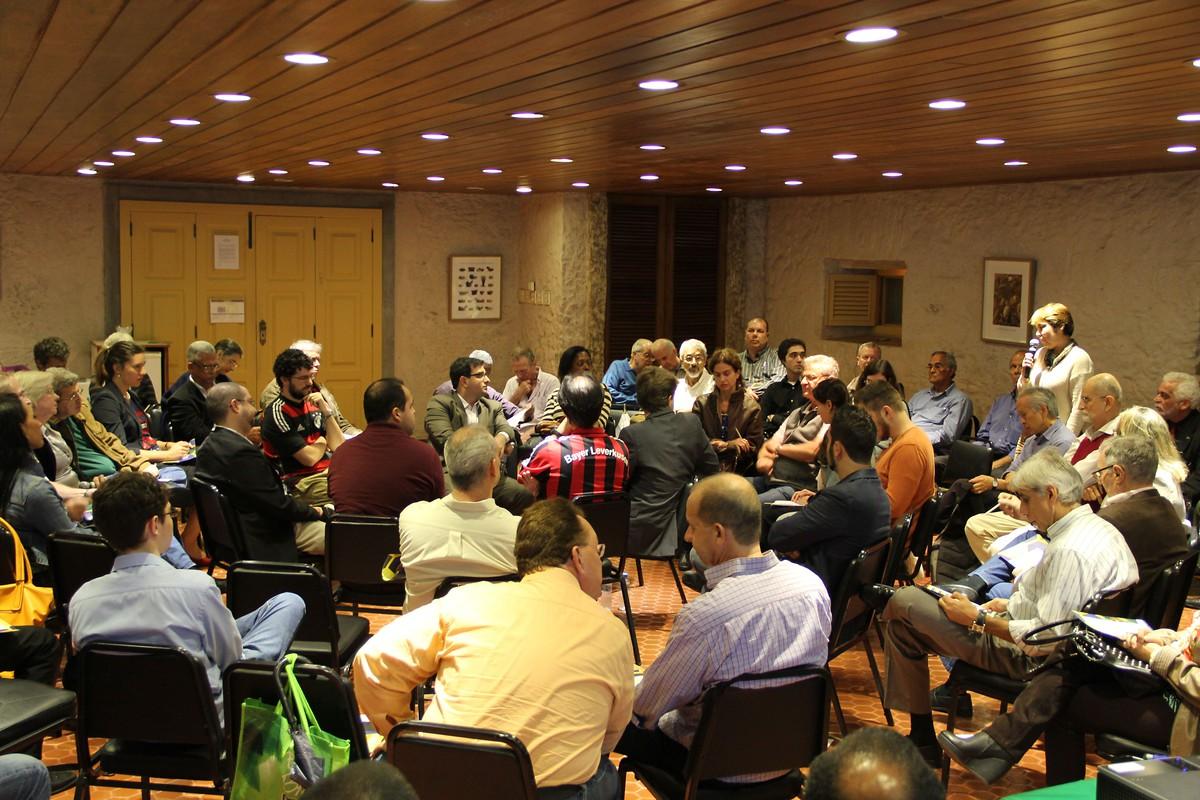Event Reports
Shortly before the World Cup there was much pessimism directed at the hosting of this mega event. Many believed that it would be an embarrassment for Brazil. Some thought it would be considered the worst World Cup of all time. However, it seems like this pessimism concerning the political and social discourse surrounding the World Cup was misplaced as the tournament has offered much emotion, much controversy in the political and social discourse surrounding the World Cup and many goals proving to be a fantastic experience for both Brazilians and tourists coming to support their teams. It has even come to be described in some quarters as the most exciting tournament in World Cup history.
However, what will it be remembered for off the pitch? What will be left for Brazil? Will the long term benefits championed by FIFA and the Brazilian government come to fruition? The aim of the event was to join together members of the world of academia, politics and public commentators as well as members of the public precisely to confront these questions.
The opening speech was given by Felix Dane, KAS representative in Brazil, who emphasized that this particular debate was about Brazilian society and the impact of the World Cup on Brazil´s future.
Harald Klein, the German General Consul in Rio de Janeiro, followed this up by stating that the World Cup´s most positive legacy for Brazil was its improved image around the world. He recognized that many of the fears that foreign tourists had before arriving in Brazil disappeared once the tournament got under way. He also noted that Brazil again showed its capacity to plan, organize and successfully carry out logistically complicated events. He did, however, remind the audience that it was far too early to answer the question of whether the World Cup will be beneficial for Brazil in the long term.
The first speaker of the night was Humberto Dantas, representative of the School of Sociology and Politics in São Paulo. He stated that the most noticeable legacy of the World Cup up to that point was the welcoming nature of the Brazilian people, their happiness and their ability to attract people with their warmth. He said that Brazil´s ability to organize and host mega events had never been in doubt pointing out how Brazil regularly hosts huge events such as New Year´s, Carnaval and more recently, the Pope´s visit to Rio de Janeiro in 2013. He did however, stress that the smooth running of the World Cup came about as a result of extreme measures taken by the government. Examples of this include the army´s occupation of the Complexo da Maré, a notoriously troubled favela and the many holidays that were declared in order to insure that transport to and from the stadiums remained unproblematic. He concluded by saying that the greatest success of the tournament was happiness.
Bruno Kazuhiro, representative of the Liberal Party Democrats Youth Association of Rio de Janeiro, agreed with Humberto in relation to the happiness of the Brazilian people. He believed that a Brazil being able to receive others, its friendliness and its ability to laugh, even in the face of a tragedy, such as Brazil´s 7:1 defeat at the hands of Germany would be remembered. However, he emphasized that these qualities come from the people, rather than from the government. Thus the people, rather than the government, should be congratulated for the success of the tournament. Nevertheless, he praised the government´s efforts regarding security and the functioning of the airports. Yet, he criticized the government in terms of its cultural and administrative competency: for example, very few Brazilians were able to learn English and interact with foreigners. Not the police, nor shop workers and so forth. He also complained that the tournament will bring very few benefits to the Brazilian youth. All in all, what worked well were the Brazilian people. The government failed in many respects of the organization. This also applies to the completion of public work projects. Not even 50% were finished. So the government´s performance must be questioned.
Vitor Wilher, an economic blogger, gave those present an economic perspective of the legacies of the World Cup. He admitted that before the tournament he was amongst those that were extremely pessimistic. However, the World Cup did not materialize as he feared but this does not mean that it was a complete success. He echoed Harald Klein´s opinion that Brazil´s improved global image could potentially be the greatest legacy to come out of the mega event. He suggested that Brazil´s successful organization of the World Cup alleviated many fears that Brazil will fail in its organization of the 2016 Olympics. However, he did mention some tangible failures in relation to the tournament. For example it was thought that GDP would rise but this was not the case. Instead it was inflation that increased. Referring back to Brazil´s improved global image, Vitor stated that whoever is elected in October must channel this positivity surrounding Brazil so that its economic situation may improve. He emphasized the importance of increasing the amount of foreign investment and carrying out macroeconomic structural reforms.
Jan Kruger, a political blogger, followed Vitor by stating that Brazil´s problem is that there is no culture of taking responsibility for your own actions. He complained that Brazilians always look for scapegoats to blame for the ills of the proper society, whether it be an individual or organization. He stated that this needs to change and that the legacy of the World Cup should be an increased attitude of taking responsibility. He also lamented the short-termism that plagues Brazilian society and politics and noted that political and social discourse should go beyond worrying about preparation for the Rio Olympics in 2016 and that social responsibility should not be limited to voting every four years. He concluded by criticizing the passive nature of Brazilian society and implored Brazilians to be more willing to complain and hold their politicians to account.
Joao Viegas, representative of the Public Ministry of Rio de Janeiro, concluded the round of speeches by discussing the environmental impact of the World Cup. He began by explaining his work and how every infrastructural expansion and any new building need to have a license from the relevant authorities. Large projects need to have a study commissioned so as to understand the potential impacts on nature and the surrounding ecosystem. The projects also need to be carried out so as to be as ecologically sustainable as possible. Furthermore, a project then also has to be analyzed by politicians and other governmental bodies. This creates a very slow and bureaucratic process – in fact, many important city projects cannot be implemented in just four years. An example he used to demonstrate the inefficient nature of the process was the Rio de Janeiro´s metro´s line 4 which may not even be ready for the Olympics and has been built in a way that does not really benefit locals.
After the conclusion of the speeches, the floor was opened to the attending public to put forward their views and ask the speakers questions. The comments and arguments raised were diverse; they varied in topic greatly from inflation, to political impunity, a lack of a meritocracy in the public sector to a lack of political education in the general public. However, one characteristic that united them all was their desire to use the World Cup as a platform for social, political and economic change that will help improve the quality of life for all Brazilians.
Provided by
Foundation Office Brazil
About this series
The Konrad-Adenauer-Stiftung, its educational institutions, centres and foreign offices, offer several thousand events on various subjects each year. We provide up to date and exclusive reports on selected conferences, events and symposia at www.kas.de. In addition to a summary of the contents, you can also find additional material such as pictures, speeches, videos or audio clips.



